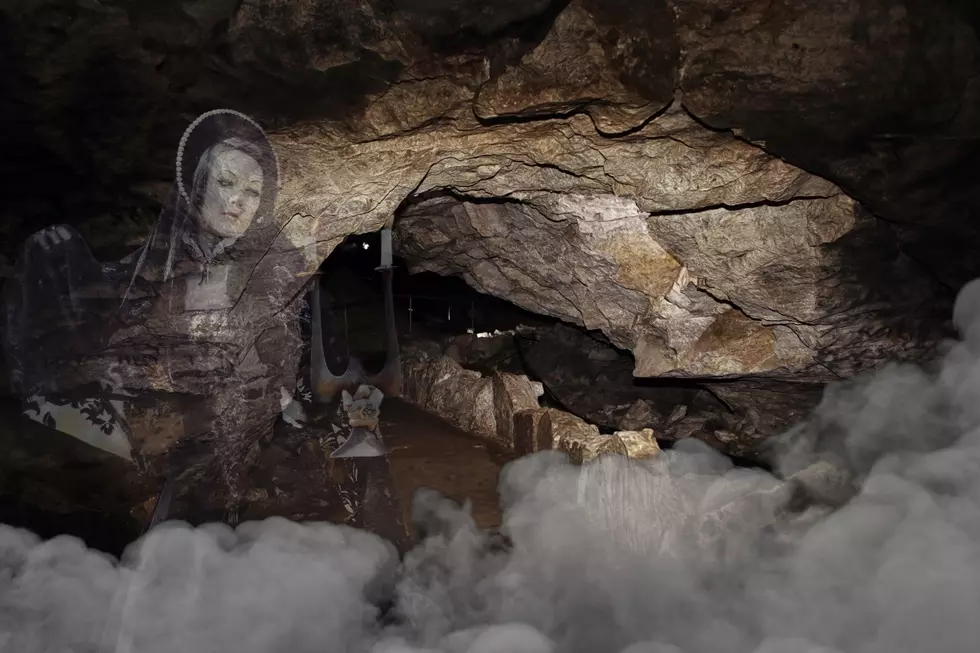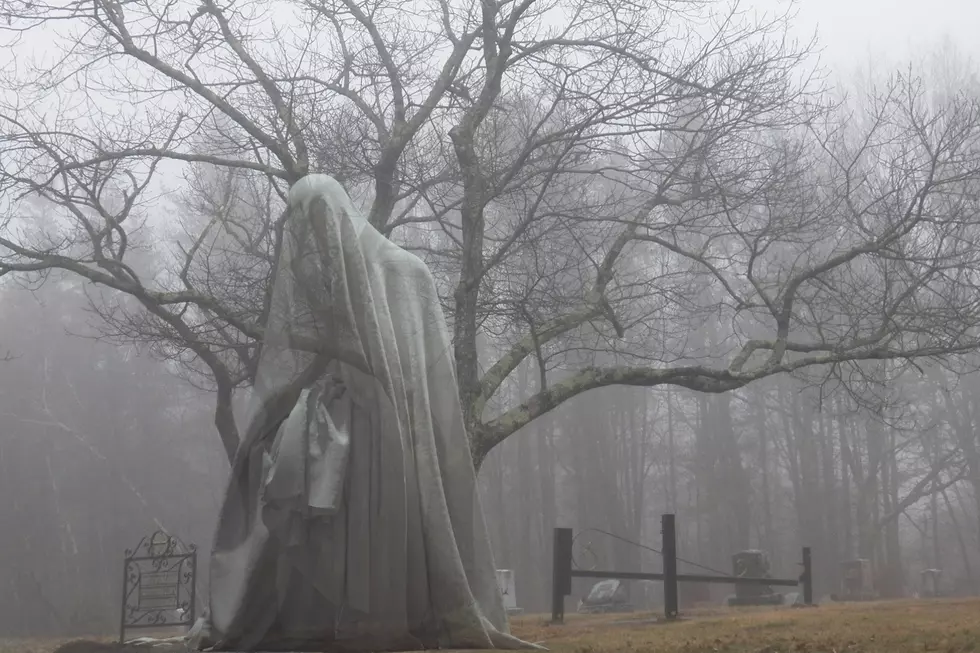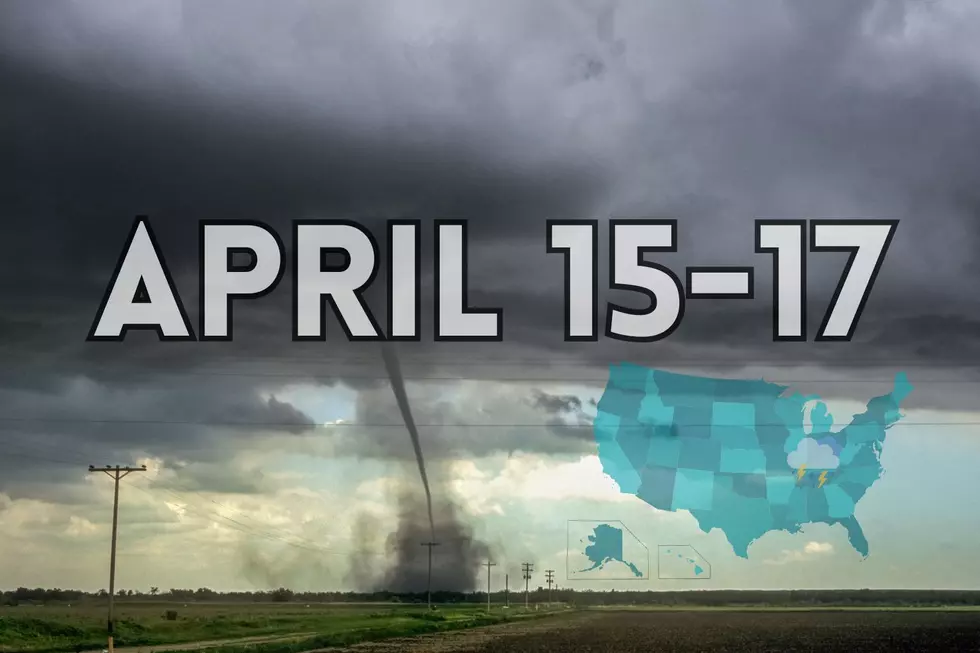![Tennessee Wildfires Force Evacuations Near Gatlinburg and Pigeon Forge [Updated]](https://townsquare.media/site/72/files/2022/03/attachment-trevor-pennington-7eNuf1kIQz4-unsplash.jpg?w=980&q=75)
Tennessee Wildfires Force Evacuations Near Gatlinburg and Pigeon Forge [Updated]
Update: 5:30 pm Thursday, March 31, 2022
The fires, combined with excessive winds have resulted in over 1100 homes without power in the areas impacted by the fires.
The Sevier Country Emergency Management Agency has released an update,
Hatcher Mountain/Indigo lane fire is 30% contained at this time. Firefighting crews continue to work the hotspots from the Hatcher Mountain/Indigo Lane fire. The affected structure count remains at approximately 100. Helicopters have dropped water throughout the day on the Hatcher Mountain Fire.
The number of acres consumed by fire still stands at or near the previously reported amount of 3700 acres. For those interested in making a donation to relief efforts and those displaced by the fires, MountainTough.org is working to coordinate those efforts.
Original Story: March 30, 2022
According to the Sevier County Emergency Management Agency, there has been a 'mandatory evacuation order" issued for residents near Gatlinburg and Pigeon Forge while authorities attempt to contain a dangerous wildfire.
Update: 10:30 am Thursday, March 31, 2022
The fires continue to burn overnight in the Gatlinburg and Pigeon Forge areas and mandatory evacuations are still in place. The Sevier County Emergency Management Agency has shared a real-time map outlining the current areas of evacuation. [Find the Map Here]
The fire has now spread to nearly 4,000 acres and is only at 5% containment with last night's rain doing almost nothing to quell the fires.
More than 250 Acres Burning - 0% Contained
As of 4:13 pm, there are approximately 250 acres currently engulfed and authorities say that the fire is not contained at all. In addition to the unmanaged flames, the wildfire has claimed the life of one person.
The Fire Is Spreading Quickly As High Winds Feed the Flames
According to The Weather Channel, the wildfire is spreading at an alarming rate as winds are blowing with gusts as high as 30 to 40 miles per hour, driving the flames.
There's a red flag warning currently in place for the area that calls for 20- to 30-mph sustained winds with gusts up to 90 mph in the mountains and foothills.
Several roads in and around the nearby Great Smoky Mountains National Park were shut down due to the threat of high winds, including U.S. Hwy 441 between Gatlinburg and Cherokee, North Carolina.
The fire is very close to the area that was impacted by wildfire back in 2016 that resulted in thousands of properties being destroyed and the deaths of at least 14 people.

The Smoke Can Be Seen on Radar
The smoke from the wildfire in Tennessee is so thick and hot it can be seen on weather radar.
It Isn't Just Tennessee
Fires are raging across parts of the country as the weather has been dry, creating drought conditions. That coupled with high winds has created a recipe for dozens of wildfires, including 40 just in Alabama!
Red Flag Warnings Across the Country
CNN is reporting that nearly 15,000 individual wildfires have burned more than 500,000 acres of land... just this week alone. Currently, there are Red Flag Warnings in the following states, according to the National Weather Service:
- Texas
- Florida
- Kentucky
- Ohio
- Tennessee
- Virginia
- North Carolina
What Is A Red Flag Warning?
A Red Flag Warning means that conditions are favorable to create a risk of fire. According to the National Weather Service,
A Red Flag Warning means warm temperatures, very low humidities, and stronger winds are expected to combine to produce an increased risk of fire danger.
They advise that you avoid throwing cigarettes or matches from moving vehicles - this is often how wildfires get started. They also suggest that you extinguish any outdoor fires properly - drown it with water and stir the ashes, ensuring the fire is out and of course, don't ever leave a fire unattended.
LOOK: The most expensive weather and climate disasters in recent decades
More From WKDQ-FM









